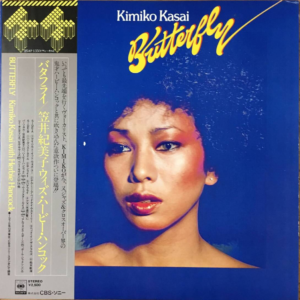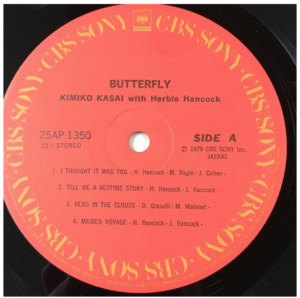After watching HBO’s phenomenal Chernobyl TV mini series, my concern is that the bar has been raised very high for any potential Fukushima disaster media portrayal. Whether any future Fukushima media portrayal will be a documentary or a historical drama like the HBO Chernobyl mini series, it will be demanding to make anything of the quality of the Craig Mazin and Johan Renck series.
Clearly the Fukushima event still is ongoing wrt the cleanup (and will be for hundreds if not thousands of years) but there should be some sort of detailed overview of the event for a global audience. There are lessons to be learned that have yet to be shared broadly and myths to be busted, etc.
I don’t know who/how a Fukushima media project could be done effectively. Perhaps a Netflix-funded effort with a Japanese cast but perhaps a non-Japanese director? HBO’s Chernobyl did have many award-winning non-Russian/non-Ukranian actors, and I think any Fukushima media project would have to carefully balance having Japanese actors for authenticity but also some non-Japanese perspective (in direction or other areas) in order to broaden the story for a global audience. When such a project could be funded or shot, I don’t know. I suspect it is still too close to the date of the accident/event that it’s still too soon.
The Information has a story on Snapchat’s recent stumbles around it’s new app, which users have largely hated. Because that story is paywalled, I’ll link to a Gizmodo article that has some of the coverage without a paywall. The interesting part for me is learning that CEO Evan Spiegel was visiting China (which is blocking Snapchat AFAIK) and started the redesign based on information he learned from his China visit.
Inspired by apps he’d seen in that country [China], Mr. Spiegel wanted to create a new version separating users’ friends’ content from the professional media. Each category would be sorted by an algorithm rather than Snapchat’s existing chronological feed.
Spiegel, who is only 27, and has had apparently limited experience in China, made the critical error of taking a trend from one market [China] and applying it to another market [Snapchat’s home market] without considering all of the cultural and market differences between the two. I think it is a good lesson to illuminate the differences between China and non-China markets. What works in China often does not directly work in non-China markets, and the opposite is often also true, either due to Chinese government censorship or market differences. That Spiegel is the CEO enabled him to push through this redesign without understanding this shows his naivete wrt both China and how international markets are different. Visiting China a few times a year and then basing drastic changes on your successful app from that limited understanding- just about anyone who had more than cursory experience in China could have seen this disaster coming. It is an expensive lesson for Spiegel and the Snapchat team and a good lesson for those of us who care to learn.
In light of Be With Records re-releasing Kimiko Kasai With Herbie Hancock ‎– Butterfly (1979), I just wanted to call attention to Kasai’s rendition of “I Thought It Was You” which Hancock released on his “Sunlight” album in 1978. ‘Butterfly’ was never released outside of Japan and was therefore hard-to-find until now.
Kasai’s version of “I Thought It Was You” is stronger than Hancock’s own 1978 original. The 1978 Hancock original did well in the UK but never really broke out. Kasai’s 1979 rendition brings her strong vocals to a production led by Hancock himself, and a set of musicians as strong as Hancock had on the original including Alphonse Mouzon on drums (Weather Report, Miles Davis, McCoy Tyner), Webster Lewis on keyboard (George Russell, Bill Evans, Herbie Hancock), Bennie Maupin on clarinet (Miles Davis, Herbie Hancock, Horace Silver), Bill Summers on percussion (Herbie Hancock, Quincy Jones). I think this version is tighter, a bit faster and Kasai’s vocals really just enhance the track.
Finally Kasai’s cover of Stevie Wonder’s “As” is really strong as well. I still think that “I Thought It Was You” is the standout track but “As” is a great female rendition of that famous track.
For Americans who want this album, Light in the Attic is taking preorders.
It is a shame that CBS Sony spent what I assume was a significant sum to produce this album for it not to be released outside of Japan. It would have been interesting so see what the public reaction would have been in 1979. That Kimiko Kasai married Richard Rudolph and is now the step-mother of Maya Rudoph makes this all more interesting. It is a shame that Kasai stopped producing music once she married.


